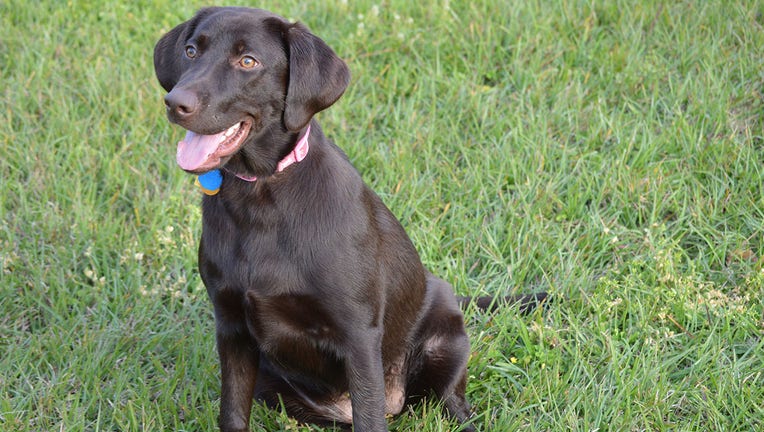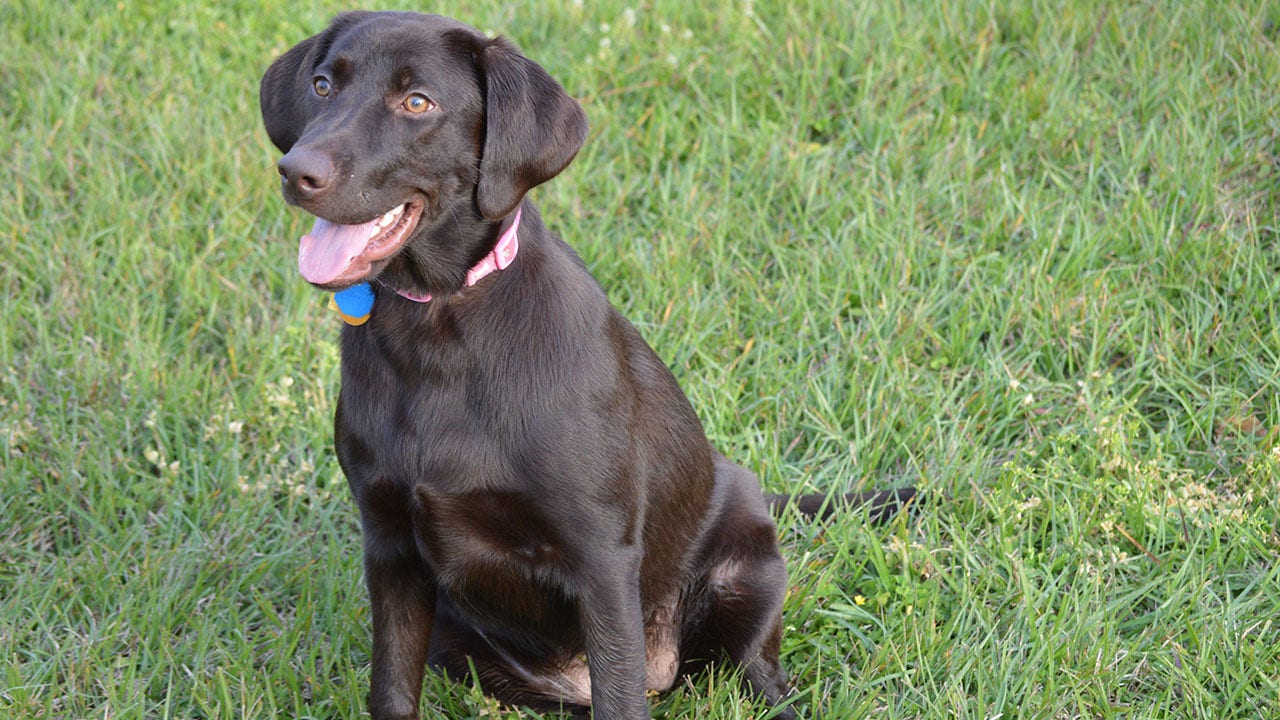 article
article
The FDA has issued an Emergency Use Authorization (EUA) for an animal drug to treat dogs and puppies infected with the parasite New World screwworm.
The U.S. Food and Drug Administration (FDA), for the first time ever, has issued an Emergency Use Authorization (EUA) for an animal drug to treat dogs and puppies infected with the parasite New World screwworm (NWS).
What we know:
What is New World Screwworm?
Animals and humans become infected with NWS when the parasite lays eggs on and in open wounds. The FDA says NWS does not regularly occur in the U.S. and is typically found in South America and the Caribbean, but Mexico and countries in Central America are reporting cases in both humans and animals. People who travel to areas where the flies are present, have an open wound, spend time among livestock animals, or sleep outdoors, are at greater risk of NWS infection.
Symptoms of New World Screwroom infection
The Centers for Disease Control and Prevention (CDC) says people with an NWS infestation may see maggots around or in an open wound or in their nose, eyes, or mouth.
The CDC says NWS infestations are very painful. Symptoms can include
Feeling maggots (larvae) moving within a skin wound or sore, ears, nose, eyes, or mouth.Seeing maggots around or in open sores.Painful skin wounds or sores.A foul-smelling odor from the site of the infestation.Unexplained skin wounds or sores that do not heal or worsen within a few days.Bleeding from open sores.
Bacteria can also infect wounds where NWS maggots are present and may cause fever or chills.
Dig deeper:
While the majority of dogs in America are at low risk of NWS due to their geographic location, THE FDA says dogs near the U.S.-Mexico border and dogs that have traveled to countries with active NWS cases are more likely to be exposed to NWS.
The CDC says the risk to human health from NWS in the United States remains very low. Although eradicated from North America and Central America decades ago, the CDC says NWS has progressed north since 2022 and poses an emerging threat to livestock and food security, with potential impacts on both national security and animal health. NWS infests warm-blooded animals, including livestock, pets, wildlife, and, in rare cases, humans, causing severe tissue damage and sometimes death.
The backstory:
In August, Secretary of Health and Human Services Robert F. Kennedy, Jr., issued an EUA for the FDA after researchers determined NWS presents a significant potential for a public health emergency. The EUA authorized the FDA to approve the drug Credelio (lotilaner) chewable tablets to treat dogs and puppies infected with NWS.
What they’re saying:
“The FDA acted swiftly to make a screwworm treatment available for dogs in the U.S. When it comes to emerging animal health threats, we need to be proactive, not reactive.”
— FDA Commissioner Marty Makary, M.D., M.P.H.
Why you should care:
In 2018, the FDA originally approved Credelio, produced by Elanco US Inc. in Indianapolis, Indiana, for flea and tick-related indications in dogs and puppies.
Lotilaner, the active ingredient in Credelio, belongs to a class of antiparasitic drugs called isoxazolines. Although isoxazoline products are commonly used and safe for most dogs, the FDA says the drugs have been associated with neurologic adverse reactions, including muscle tremors, ataxia, and seizures. Pet owners should consult with a veterinarian to determine whether Credelio, available only by prescription, is appropriate for their pet.
The Source: The information in this story comes from the Food and Drug Administration and the Centers for Disease Control and Prevention. This story was reported from Orlando.

